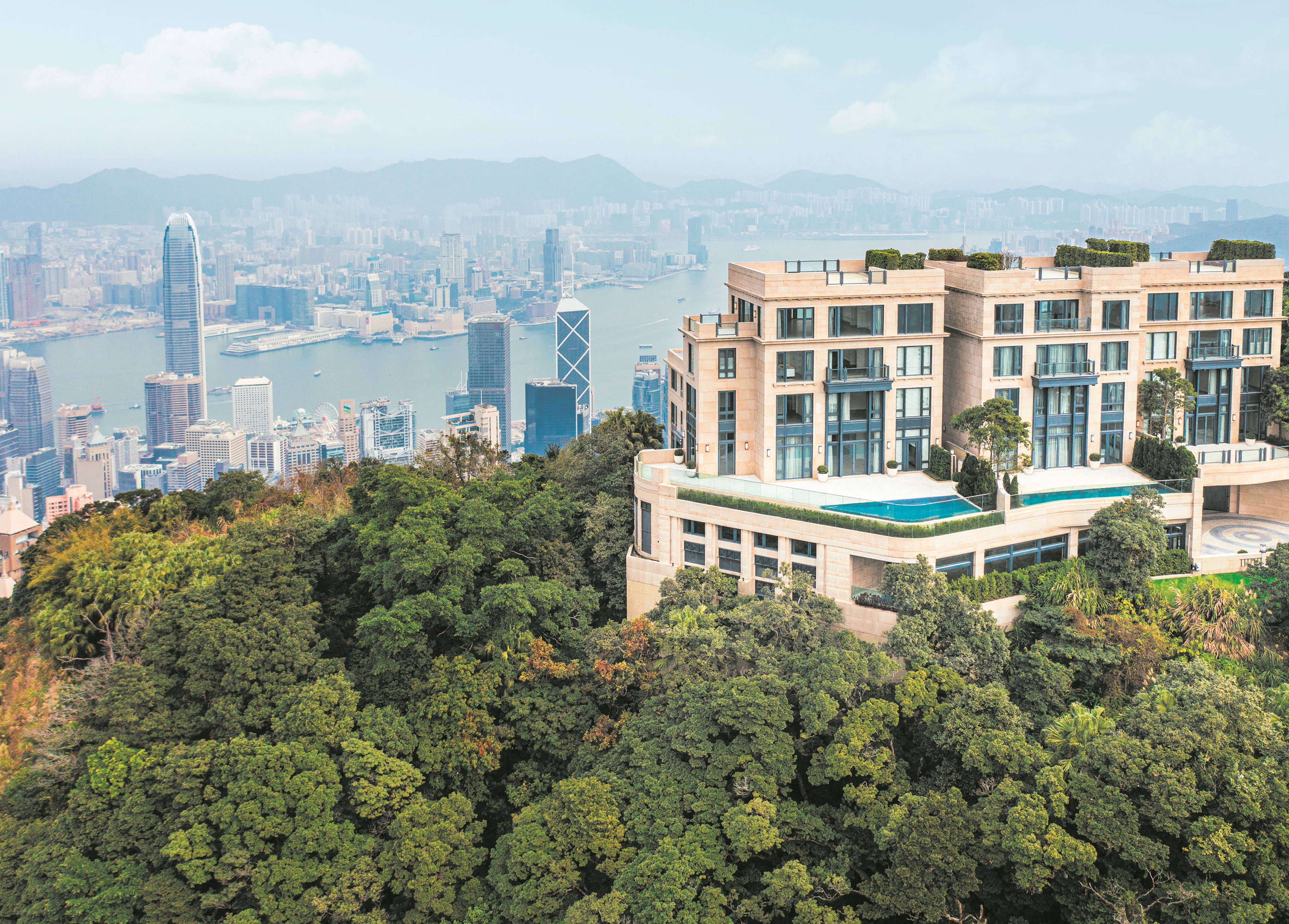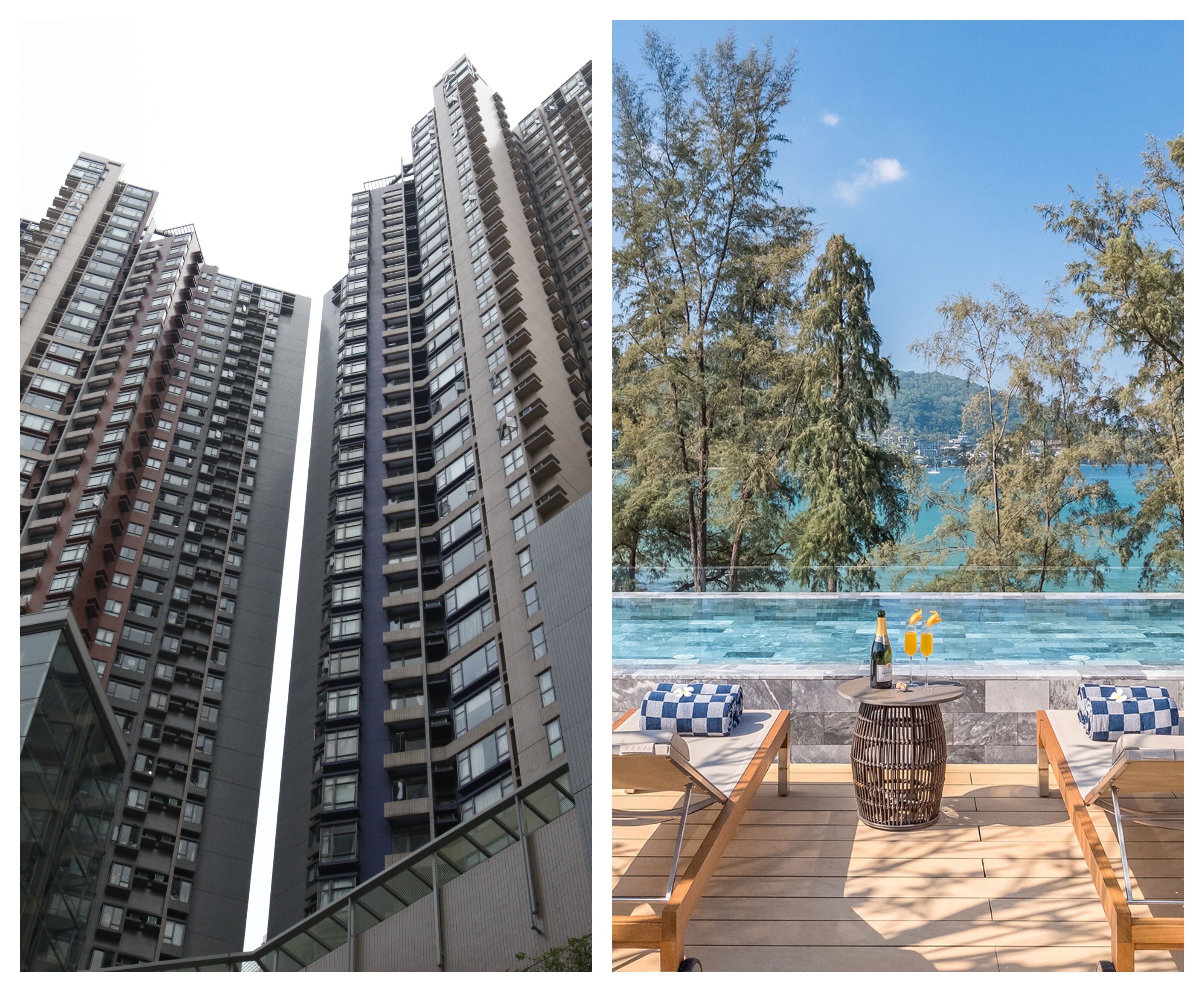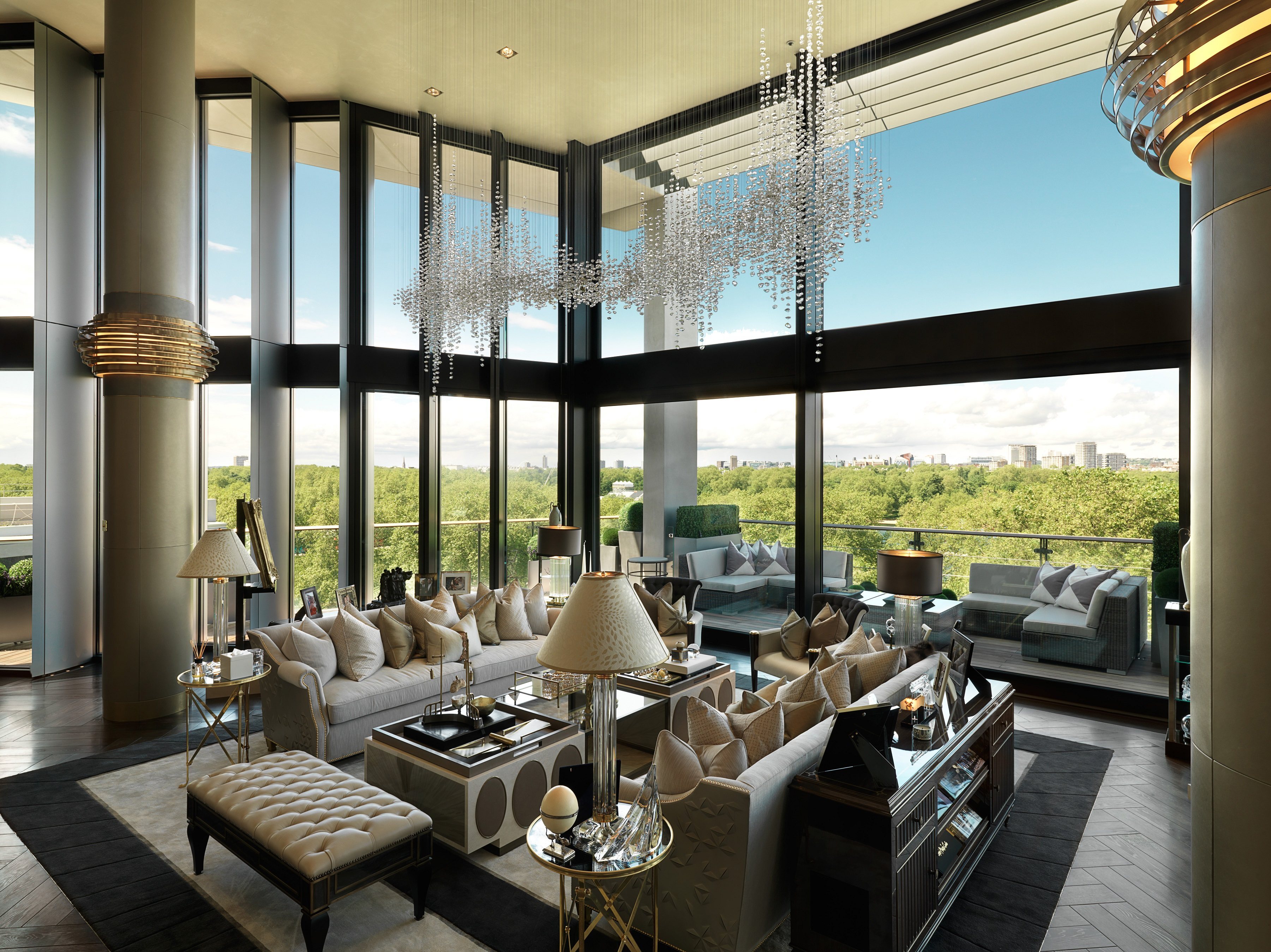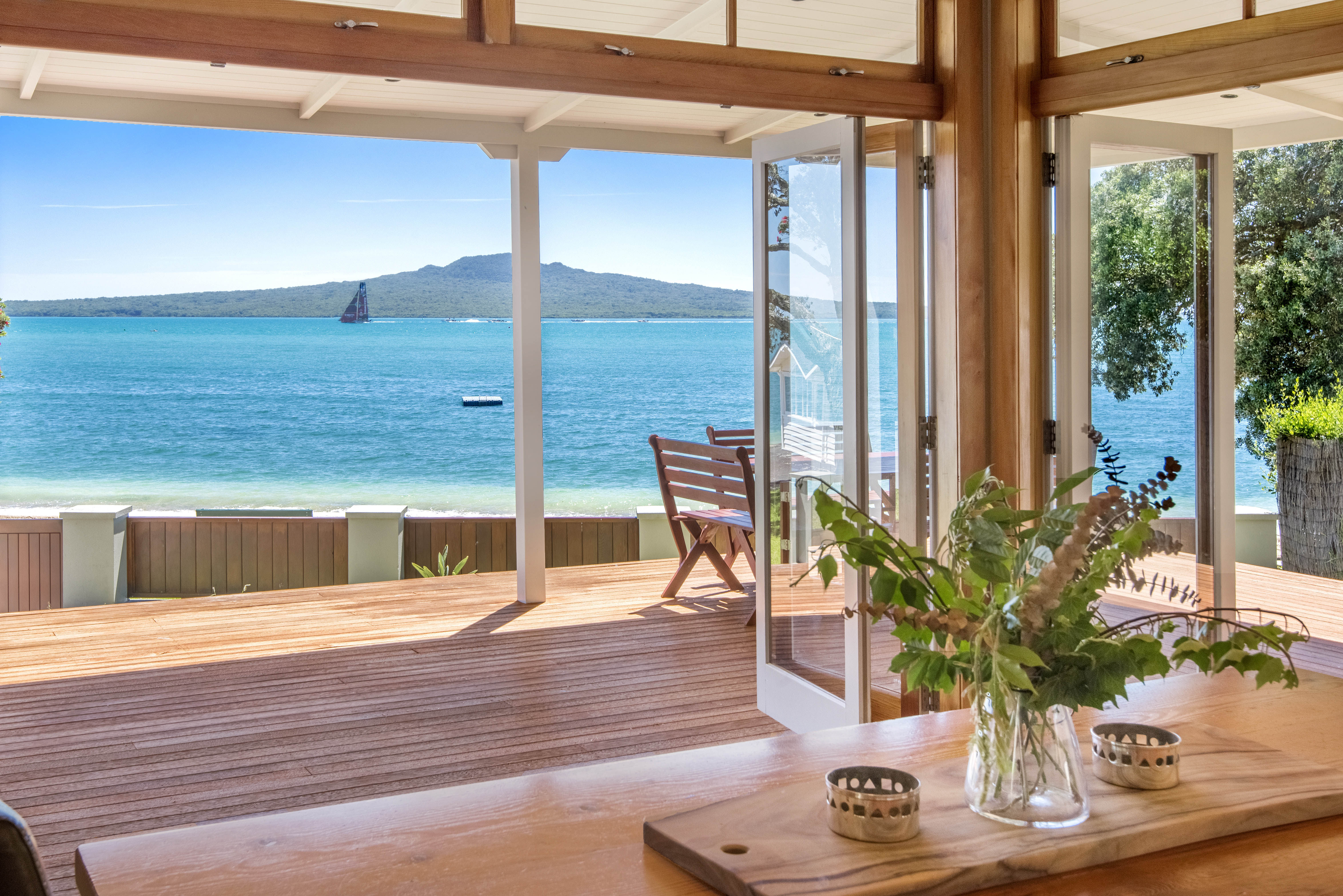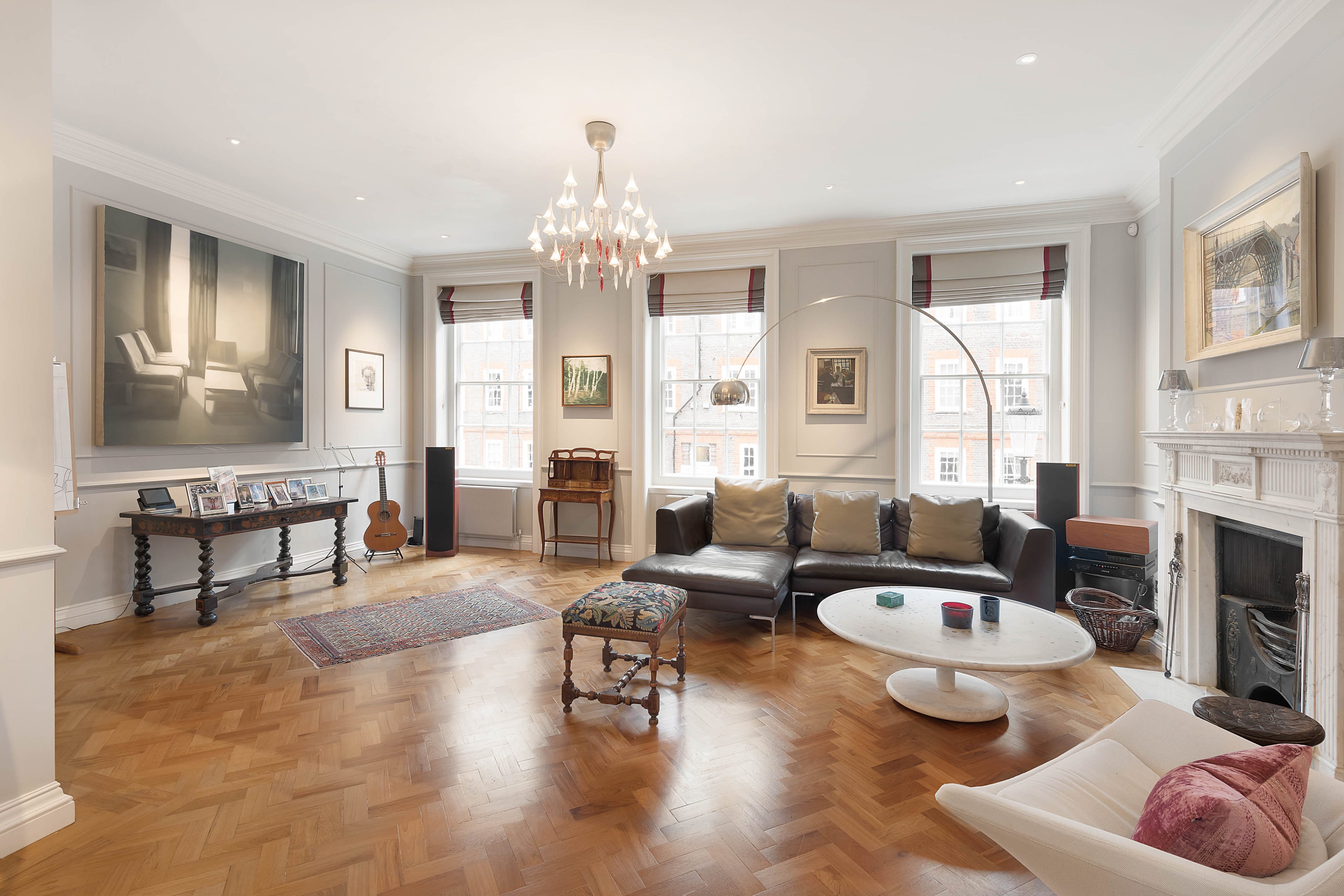Monaco beats Hong Kong for most expensive real estate on the planet – but how will land reclamation project Le Portier Cove change things?

- The principality’s exemplary handling of the pandemic and glamorous lifestyle benefits continue to attract investment from some of the world’s wealthiest despite Covid-19
- Beachside Mareterra will create over 100 of the world’s ‘most expensive’ luxury homes, with more new pipeline projects at L’Exotique, Villa Palazzino and Bay House Monaco
If you think Hong Kong’s property is really expensive, spare a thought for homebuyers in Monaco.
According to world-leading property agency Savills, this glamorous principality on the French Riviera remains the most expensive location for residential property worldwide, with an average price per square foot of over US$5,100 in 2020, though that figure is down 1.1 per cent from 2019 levels.
Savills’ report finds that Hong Kong, the second most expensive location across the globe, saw average prices per square foot fall 3.9 per cent to US$4,300 in 2020.
And despite the upheavals of 2020 that rocked markets worldwide, Irene Luke, head of Savills Monaco, says 2021 has seen sustained activity in both the rental and sales markets.
Some of the more long-term residents do not like the fact that Monaco is evolving into a modern metropolis – they’d rather the sedate, traditional small town feel it used to have

“Despite continuing travel restrictions, people have been moving to Monaco and we have seen a constant stream of new residents looking often to rent, but also often to buy,” she said. “A trend is the emergence of younger clients from many different countries, and notably a real interest from young fintech entrepreneurs looking to move and work within Europe in a pleasant place with an attractive tax regime.”
The opportunity presented by the pandemic has given further impetus to those buyers who have plenty of money to spend, Luke continued.
“Monaco’s handling of the Covid-19 crisis has been seen as exemplary with no lack of hospital beds or staff, a stable infection rate, good access to vaccinations for all residents and employees, and an ability to keep society – such as restaurants and even theatres – pretty open throughout.”






